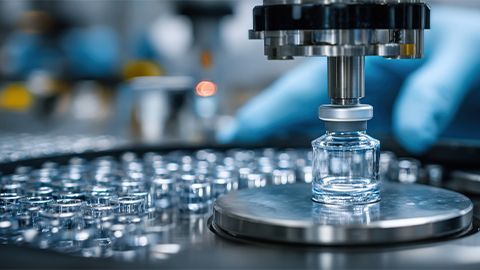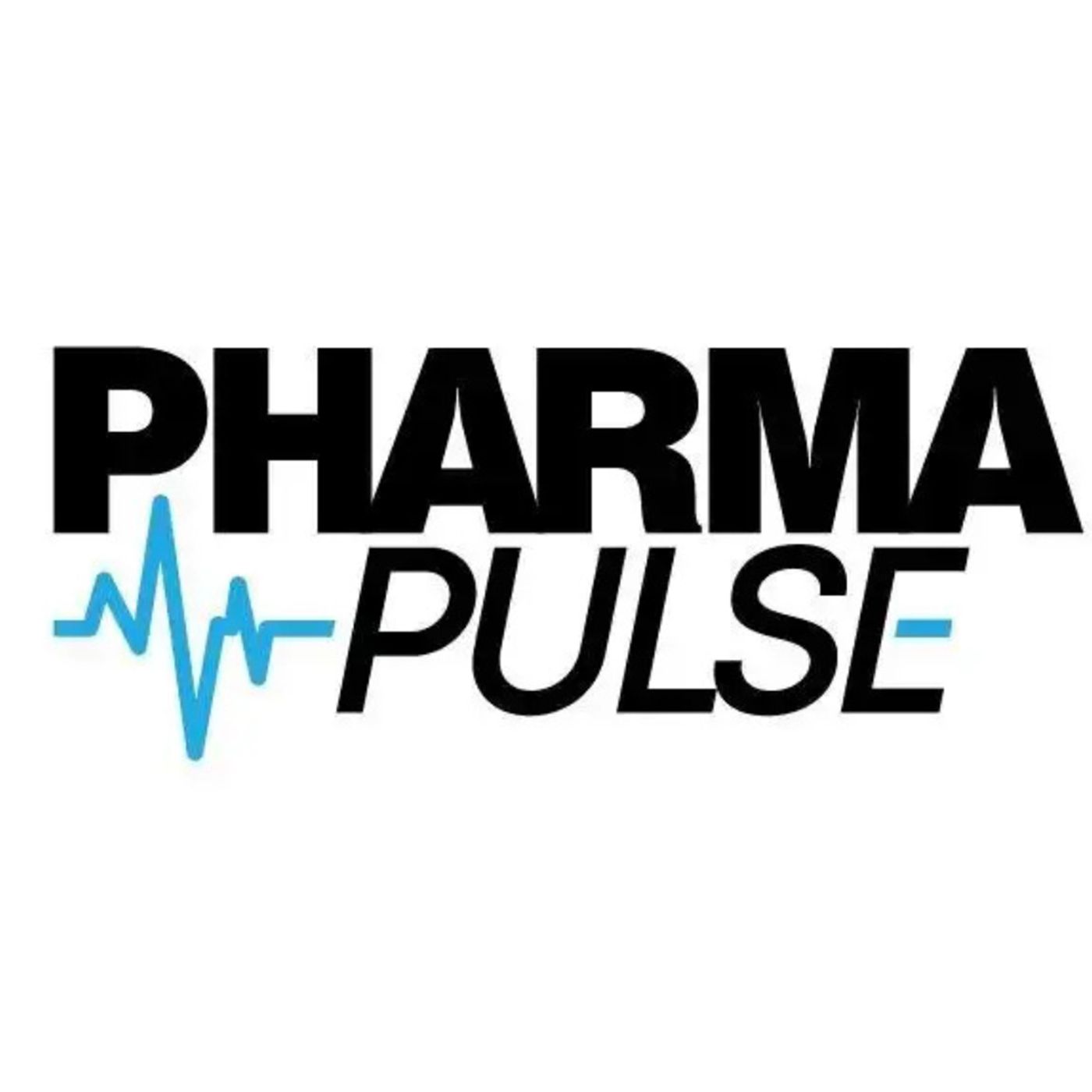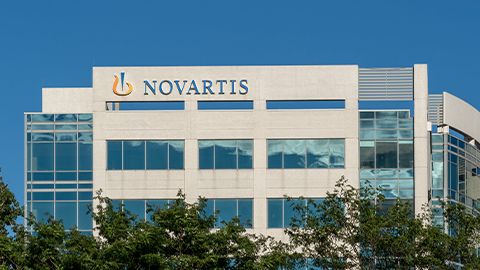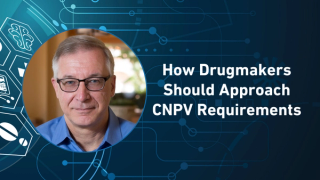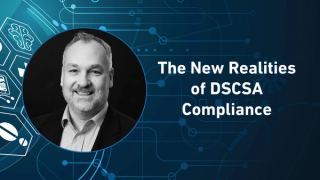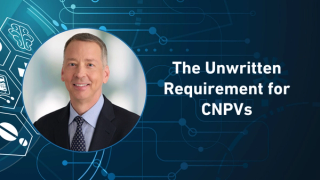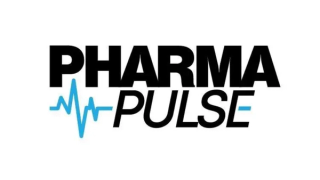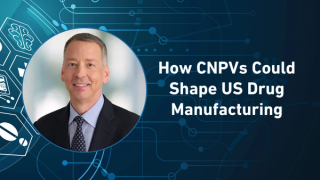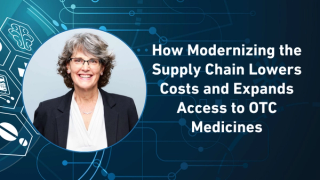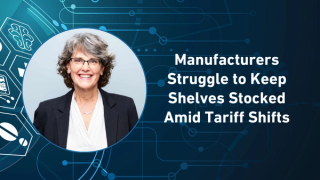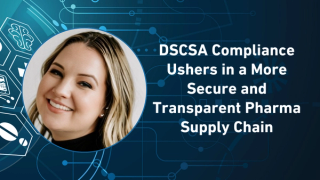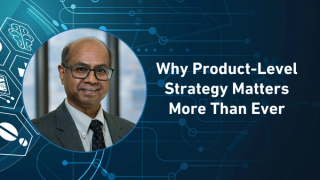
Manufacturing & Packaging
Latest News
Latest Videos
Podcasts
More News

AI-powered control towers and digital twins are emerging as essential tools to prevent costly supply chain failures and restore operational reliability.
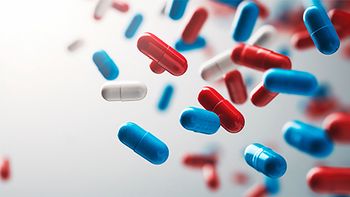
The entrepreneur urges the Trump administration to eliminate costly FDA generic drug fees, part of a broader push to scale domestic production, address shortages, and challenge PBM-driven pricing models.

The agreement includes exemptions for UK-produced drugs and medical devices from Section 232 tariffs, but mandates a significant change to the UK's NICE value appraisal framework.
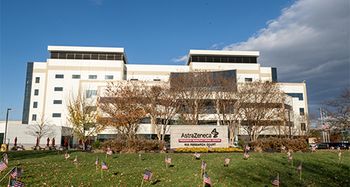
The pharmaceutical giant will be nearly doubling biologics production in Frederick and build a new clinical supply facility in Gaithersburg, projects that will create thousands of jobs, enhance US supply chain resilience, and advance its growing rare disease portfolio.
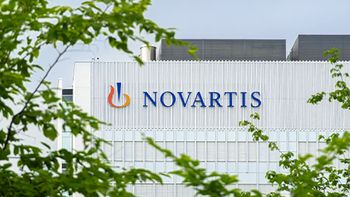
The pharma giant’s new 10,000-square-foot Carlsbad plant strengthens its US manufacturing network and supports its overarching $50 billion investment plan committed to operations.

The investment is aimed at boosting oral medicine manufacturing capacity.
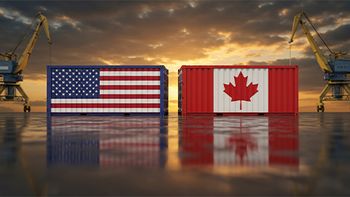
The move adds new tension to US-Canada trade relations under the USMCA and raises questions about pending pharmaceutical import policies.
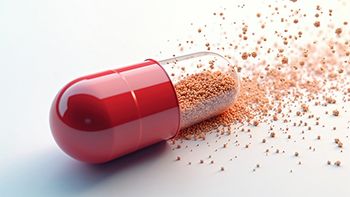
The CDMO’s latest investment will boost capacity at its Charles City, IA facility by 40%, underscoring Cambrex’s focus on reshoring drug manufacturing, advancing peptide and small molecule production, and supporting the long-term stability of the US pharma supply chain.
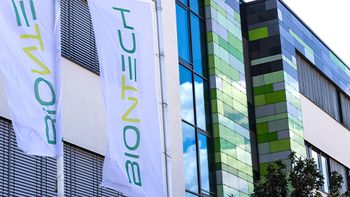
The acquisition brings together two leaders in mRNA innovation, strengthening BioNTech’s oncology strategy and expanding its R&D and commercialization capabilities.

The company’s new 400,000-square-foot facility in Elkton will boost small molecule manufacturing, create hundreds of jobs, and strengthen US innovation and supply chain resilience.
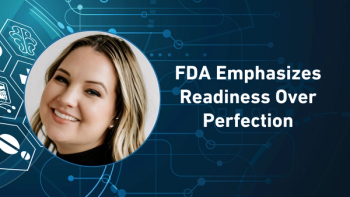
Kala Shankle, JD, HDA’s vice president of regulatory affairs, describes how FDA officials are signaling a balanced enforcement approach when it comes to DSCSA enforcement, expecting compliance efforts and documentation, but also recognizing that perfection will take time.
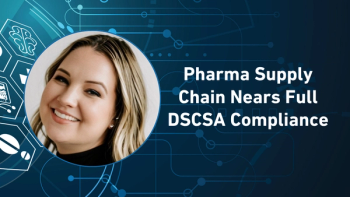
Kala Shankle, JD, HDA’s vice president of regulatory affairs, details that after a year of steady progress, manufacturers and distributors report over 97% data accuracy under DSCSA traceability requirements, marking a major milestone in supply chain interoperability and signaling confidence ahead of the November compliance deadline.
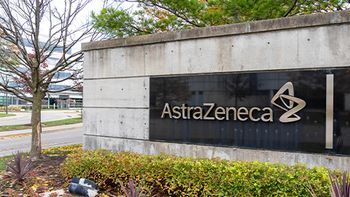
The $445 million expansion of AstraZeneca’s Coppelsite will boost global production capacity for Lokelma, enhance local job growth, and strengthen the company’s US manufacturing footprint amid industry-wide onshoring trends.

This episode of Pharma Pulse covers the FDA’s approval of a rapid one-minute HIV self-test, the US government’s decision to delay tariffs on pharmaceutical exports from Singapore, and CVS Pharmacy’s acquisition of more than 600 Rite Aid stores across three states to expand its community health footprint.
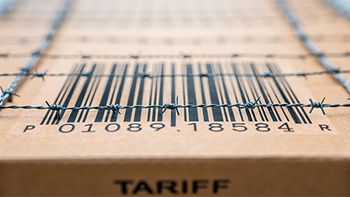
A planned 100% tariff on branded and patented drugs from Singapore is being postponed as US and Singapore officials explore potential exemptions.

This episode of Pharma Pulse covers the nationwide Kaiser Permanente strike involving more than 40,000 healthcare workers, Takeda’s new AI-driven antibody discovery partnership with Nabla Bio, and the FDA’s OAI designation for Novo Nordisk’s Bloomington manufacturing facility.
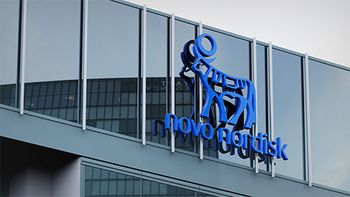
The fallout is impacting partners Scholar Rock and Regeneron, both of whom have pending regulatory applications tied to the facility.

This episode of Pharma Pulse covers how recent CDC layoffs are fueling concerns about disease surveillance, Ypsomed’s new autoinjector manufacturing site in North Carolina, and Lupin’s $250 million investment to build a respiratory and specialty drug facility in Florida.

The global generics maker’s new Florida site will produce more than 25 critical respiratory medicines, create over 200 jobs, and reinforce domestic manufacturing and drug security.
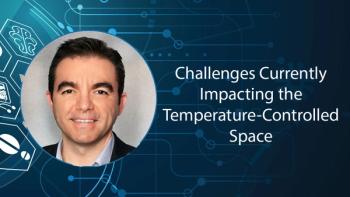
Krenar Komoni, founder and CEO of Tive, highlights the transition in pharma from passive to real-time temperature control, noting delays in technology adoption but emphasizing how AI and automation will soon drive cost savings, improved quality, and stronger customer experience.

This episode of Pharma Pulse covers how Mark Cuban’s direct-to-consumer pharmacy is challenging traditional drug pricing models, AstraZeneca’s $4.5 billion investment to expand its Virginia manufacturing site, and Bristol Myers Squibb’s $1.5 billion acquisition of Orbital Therapeutics to advance RNA-based medicines.
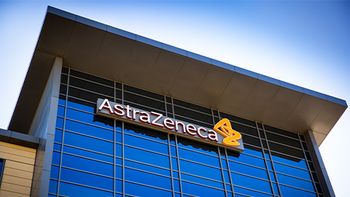
The new Albemarle County site—reportedly the largest investment in AstraZeneca’s history—will focus on API and ADC production, create 3,600 jobs, while strengthening US pharma supply chain resilience.
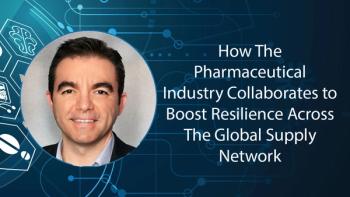
Krenar Komoni, founder and CEO of Tive, explains how the pharmaceutical industry’s transition from passive to real-time temperature control creates short-term challenges but will ultimately enable AI-driven automation, lower costs, higher quality, and better customer experiences.
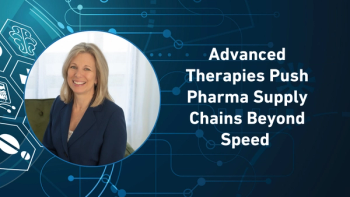
As precision medicine reshapes drug distribution, Ammie McAsey, SVP of Supply Chain Operations, McKesson, highlights the need for deeper investments in technology, temperature control, and end-to-end visibility to ensure quality and patient safety in advanced therapy supply chains.

The addition of Evo’s cryogenic shipping and tracking technology enhances Peli BioThermal’s reach across the pharma value chain, driving innovation and integration in temperature-controlled logistics while supporting these therapies.


